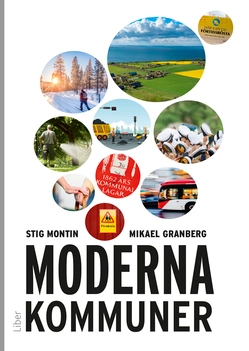

The Welfare State and the 'Deviant Poor' in Europe, 1870-1933Upplaga 2014
- Upplaga: 2014e upplagan
- Utgiven: 2014
- ISBN: 9781137333612
- Sidor: 277 st
- Förlag: Palgrave Macmillan
- Format: Inbunden
- Språk: Engelska
Om boken
Åtkomstkoder och digitalt tilläggsmaterial garanteras inte med begagnade böcker
Mer om The Welfare State and the 'Deviant Poor' in Europe, 1870-1933 (2014)
2014 släpptes boken The Welfare State and the 'Deviant Poor' in Europe, 1870-1933 skriven av Beate Althammer, Andreas Gestrich, Jens Gründler. Det är den 2014e upplagan av kursboken. Den är skriven på engelska och består av 277 sidor. Förlaget bakom boken är Palgrave Macmillan som har sitt säte i London.
Köp boken The Welfare State and the 'Deviant Poor' in Europe, 1870-1933 på Studentapan och spara pengar.
Referera till The Welfare State and the 'Deviant Poor' in Europe, 1870-1933 (Upplaga 2014)
Harvard
Oxford
APA
Vancouver



















